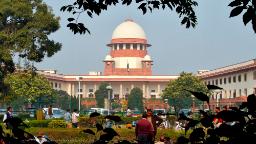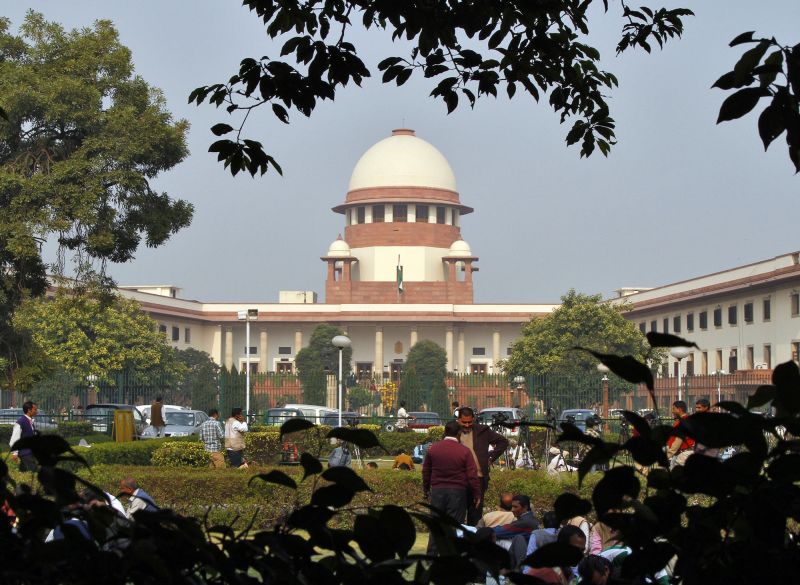Landmark Indian court ruling says rape includes marital rape and extends abortion rights to 24 weeks | CNN

CNN
—
Marital rape was defined as rape in a landmark decision by India’s Supreme Court on Thursday.
The country’s top court also stated that all women, regardless of their marital status, have the right to an abortion up until 24 weeks, the Press Trust of India (PTI) news agency reported.
The statements were made as part of an interpretation of the 1971 Medical Termination of Pregnancy Act, which originally applied only to married women or in cases of rape or a threat to the mother’s life up until 20 weeks.
Thursday’s order stopped short of criminalizing forcible sex by a husband but said abortion would be allowed, as such cases would be considered as sexual assault.
“It is only by a legal fiction that … removes marital rape from the ambit of rape,” the order read.
“We would be remiss in not recognizing that intimate partner violence is a reality and can take the form of rape. The misconception that strangers are exclusively or almost exclusively responsible for sex- and gender-based violence is a deeply regrettable one. Sex- and gender-based violence (in all its forms) within the context of the family has long formed a part of the lived experiences of scores of women,” the order added.
In 2021, amendments were made to the Medical Termination and Pregnancy Act to remove the distinction between married and unmarried and increase the time limit to 24 weeks in some circumstances. In doing so, the revised act allowed for greater interpretation of the law to be applied.
Extending the law around access to safe and legal abortions for “all women” to 24 weeks on Thursday, the Supreme Court ruled that the differentiation between married and unmarried was not “constitutionally sustainable.”
The distinction “would perpetuate the stereotype that only married women indulge in sexual activities,” the court added.
The landmark decision follows in the wake of commonplace protests against the high incidence of sexual assault, typically against women and girls, across India in recent years.
In 2012, the gang-rape and murder of medical student Nirbhaya – a pseudonym given to the victim, meaning “fearless” – in Delhi galvanized millions of women to call for tougher penalties for perpetrators.
The outrage sparked the introduction of stronger rape laws, including the fast-tracking of rape cases through the judicial system and an amended definition of rape to include oral and anal penetration.
However, activists have said such laws have had minimal impact in slowing the tide of sexual violence in India, ranked as the most dangerous country in the world to be a woman in a 2018 Thomson Reuters Foundation survey.
More than 28,000 cases of alleged rape against women were reported in 2020 – one roughly every 18 minutes – according to India’s National Crime Records Bureau. With many rapes unreported out of fear, experts believe the true figure could be much higher.
Earlier in September, a 12-year-old boy was left in “critical condition” after he was allegedly gang-raped and beaten by three males – all minors known to the victim – in New Delhi.
In April, a 13-year-old girl was allegedly raped by the police officer she had approached to report an alleged initial gang-rape by four men.
For all the latest world News Click Here

